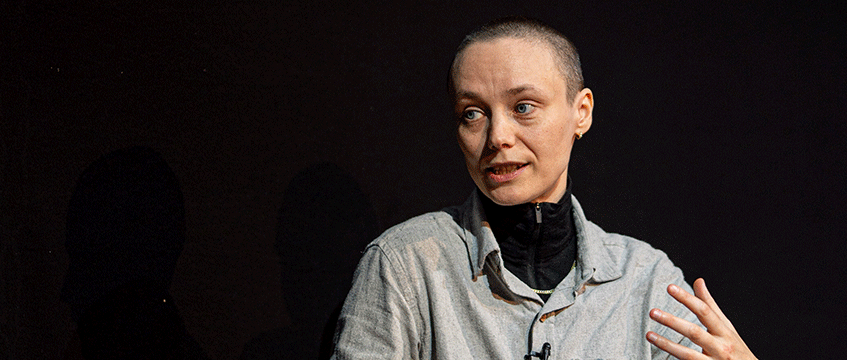UKGBC: built environment needs to move ‘twice as fast’ to reach net zero
The built environment needs to decarbonise twice as fast as it is currently doing.
The UK Green Building Council has published a report warning that the industry is “significantly off-track” from the trajectory required to meet the UK’s national net zero commitments.
UKGBC chief executive Smith Mordak said: “Unprecedented global events have shaped the story of the built environment over the last four years, but despite forced emissions reductions during the pandemic, this progress report makes one thing clear: our industry is not moving fast enough.”
The built environment needs to decarbonise twice as fast as it is currently doing.
The UK Green Building Council has published a report warning that the industry is “significantly off-track” from the trajectory required to meet the UK’s national net zero commitments.
UKGBC chief executive Smith Mordak said: “Unprecedented global events have shaped the story of the built environment over the last four years, but despite forced emissions reductions during the pandemic, this progress report makes one thing clear: our industry is not moving fast enough.”
Timed to coincide with Built Environment Day at COP28 in Dubai, the report reveals that carbon emissions from the UK built environment fell by 13% between 2018 and 2022. This was significantly less than the 19% required to meet the UK’s net zero pathway.
In real terms, the shortfall represents 11MtCO2e of carbon emissions, equivalent to the annual polluting output of 6.5m cars.
The UKGBC said “such insufficient progress” meant that the built environment now had to decarbonise nearly twice as fast over the next two years to achieve targeted emissions cuts.
The built environment is the largest source of climate emissions in the UK economy, after surface transport. And unlike any other industry, when it comes to global and domestic emissions reduction, it has an all-encompassing ability to push through the necessary changes.
The analysis, which takes the form of a progress report, updating data related to UKGBC’s Net Zero Whole Life Carbon Roadmap published at COP26 in Glasgow, highlights the key areas for concern.
Despite a substantial reduction in construction sector output during the Covid pandemic, embodied carbon emissions have fallen by just 4% since 2018, less than a quarter of the pathway target.
Meanwhile, the recent record lows in domestic energy consumption were not driven by the desire to cut emissions, but by record warm temperatures coupled with rising energy prices and high costs of living in 2022.
The report also highlights a “critical and substantial gap” in national policies that could make or break the built environment’s efforts to meet the required decarbonisation pace and scale. It calls on political leaders to reject the recent U-turn away from ambitious net zero action, instead calling for urgent government action.
UKGBC said there must be a “step-change” in national government investment in home retrofitting, recommending a stamp duty incentive to reward home decarbonisation.
A more robust regulatory landscape was also needed to ensure new homes and buildings will be genuinely ready for a net zero future.
And, vitally, clear national legislation is required to give climate and nature priority in planning decisions, alongside a system of local carbon budgets to enable local decision-making aligned with national targets.
Mordak said: “The timeline to meet net zero cannot extend. We must now reduce emissions twice as fast as we have been to get back on track. The later we leave it, the harder it will be and the greater the missed opportunities for tackling interconnected nature and social crises. Industry and government need to work hand in hand to create decisive change and bridge the emissions gap that sets us on path to deliver net zero.”
To send feedback, e-mail piers.wehner@eg.co.uk or tweet @PiersWehner or @EGPropertyNews
Image © Telling Photography











